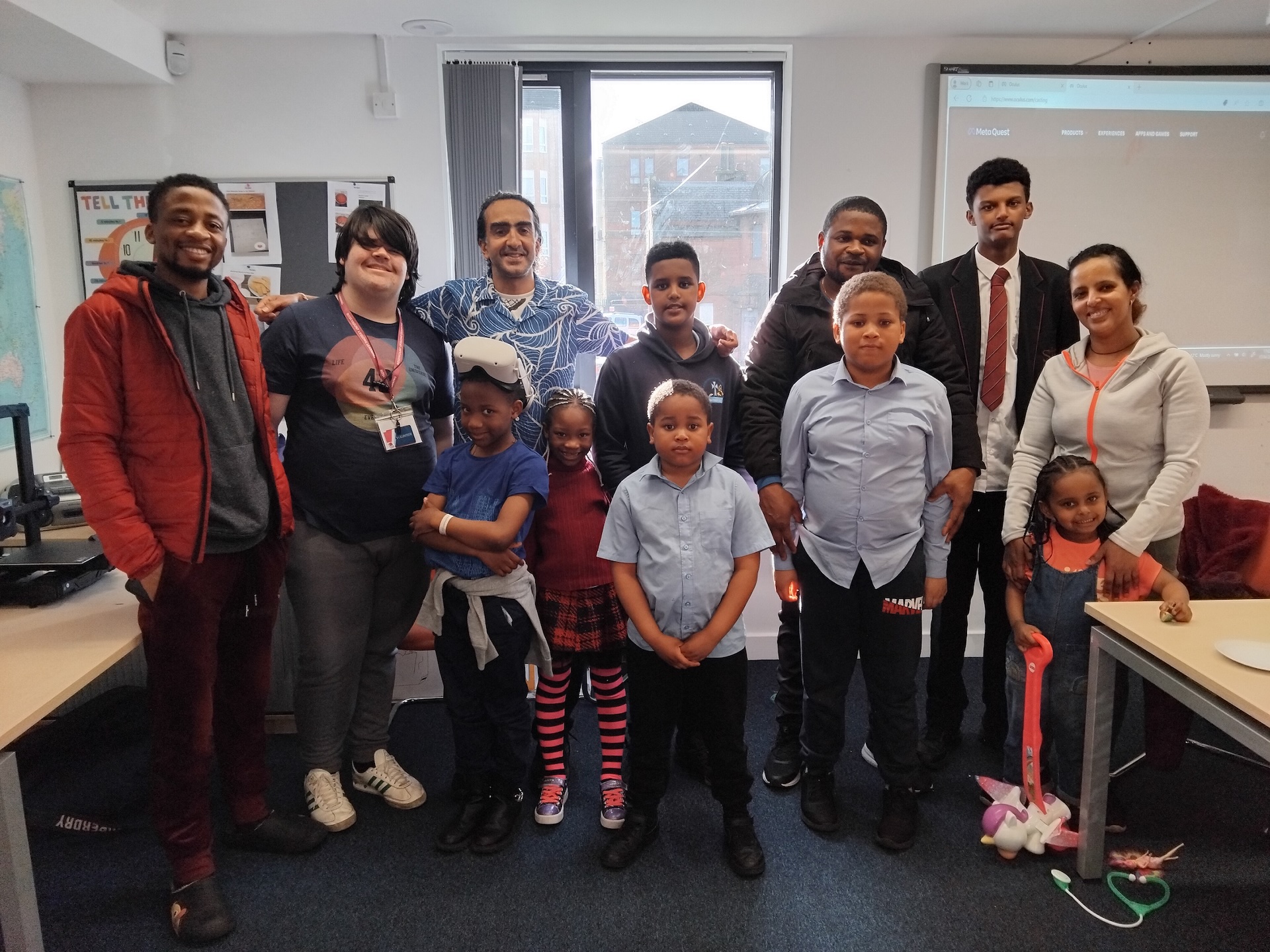In today’s rapidly evolving digital landscape, access to technology has become essential for participation in various aspects of life – whether that’s managing finances online, seeking job opportunities, or staying connected with family and friends.
Yet, without the necessary digital skills, many risk missing out on opportunities and feeling left behind. Often, digital exclusion is framed around the challenges faced by older generations, but ultimately it can have a big impact on people’s quality of life at any age.
According to the Good Things Foundation, up to 8.5 million people in the UK lack basic digital skills, and 24% consider themselves digitally excluded in some form.
- Starmer wants to ‘mainline’ AI into the UK’s ‘veins’. Here are the opportunities – and the risks
- Are you doomscrolling on TikTok for hours on end? Here’s how to stop the social media brain rot
Digital exclusion can stem from a range of factors, such as lack of access to devices, low digital literacy, or insufficient internet connectivity. What’s often overlooked, however, is that dealing with these challenges begins earlier than we might think – and, in many cases, starts with young children. With data showing that digital gaps are currently highest among 18 to 24-year-olds (42%), the need for early intervention becomes even more apparent.
Introducing digital skills to preschoolers can be one of the most effective ways to prevent digital exclusion before it becomes an issue. Digital literacy has become as essential as reading and writing. Whether for school, work, or navigating daily life, being confident with tech is no longer a luxury – it’s a necessity. By teaching these skills from an early age, we ensure children are better equipped to build on them as they grow.
Young children have a natural curiosity. They press buttons, explore, and experiment without hesitation – a mindset that supports learning. Yet, as we grow older, that confidence can diminish. We become more self-conscious, afraid of making mistakes, asking silly questions, and are more likely to hold ourselves back.






